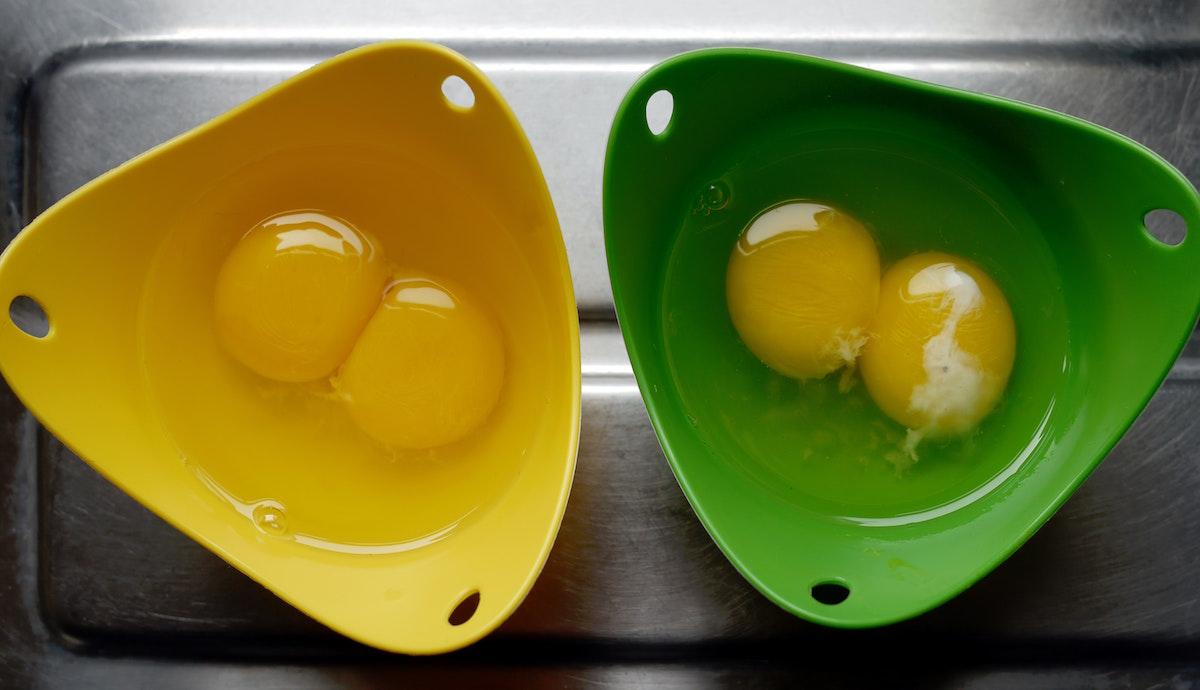How to Recycle Silicone
Published June 3 2021, 4:50 p.m. ET

Silicone is essentially the polymer of a thousand uses. Unlike plastic, which is one of the most persistent pollutants on the planet, silicone’s heat-resistant properties make it a far more durable and stable solution in a myriad of industries including the medical, industrial, and culinary spaces. Silicone has antimicrobial properties and is resistant to many environmental effects, but do these durabilities pose similar degradation problems to plastic, or is silicone recyclable?

Is silicone recyclable?
Yes, silicone can be recycled multiple times without losing much of its structural integrity. Unfortunately, like plastic, recycling silicone is almost always considered downcycling. This means that it slowly degrades with each subsequent use. Indeed, when silicone is recycled properly and through the proper channels, it is usually melted down into an oil that is then used for everything from industrial lubricant to playground mulch.
According to EarthHero, the result of silicone recycling almost always results in a lesser product. If left to its own devices in a landfill, say, silicone will take centuries to break down. Unlike plastic, however, the sand-based silicone will eventually return to the Earth, rather than becoming dangerous plastic microbeads.
However, silicone usually has to be sent to a specialized recycling company to be properly recycled. Because of this, many users will simply throw away silicone at the end of its life (where it will sit without breaking down for centuries). When properly recycled, or sent to a company’s take-back program, silicone can be downcycled into an oil that can be used as industrial lubricant, playground mulch, or another lesser product.

How do you recycle silicone?
Many brands that specialize in silicone products have recycling programs attached to their products. For example Stasher, a company that makes silicone storage bags, has a partnership with TerraCycle to recycle customers' old or damaged Stasher bags so that they don’t end up in a landfill somewhere.
According to ECO U.S.A., the process for silicone recycling involves grinding or tearing the silicone down and pouring the shredded silicone granules into a prepared mold. Fresh silicone is then added, which helps the old particles adhere to one another. The final product is then used to make cooking molds, shredded playground mulch, or water-resistant insulation and powders for things like solar panels.
Does silicone biodegrade?
Silicone doesn’t biodegrade in the same way paper or glass might. Instead, it breaks down over hundreds of years. And while silicone’s persistence in the world is problematic in several ways, it is still considered a more eco-friendly option than its plastic counterpart. This is because, according to EarthHero, silicone pieces tend to be larger and less ingestible than the pulverized pieces of microplastic that are beginning to find their way into our organs through the water table.
Is silicone eco-friendly?
In general, silicone is considered the more eco-friendly choice when compared to other packaging materials. It is also safer to use when it comes to medical uses because some types contain antimicrobial properties. It is also more useful for food storage and cooking because it is much better at standing up to high heat than most plastics.